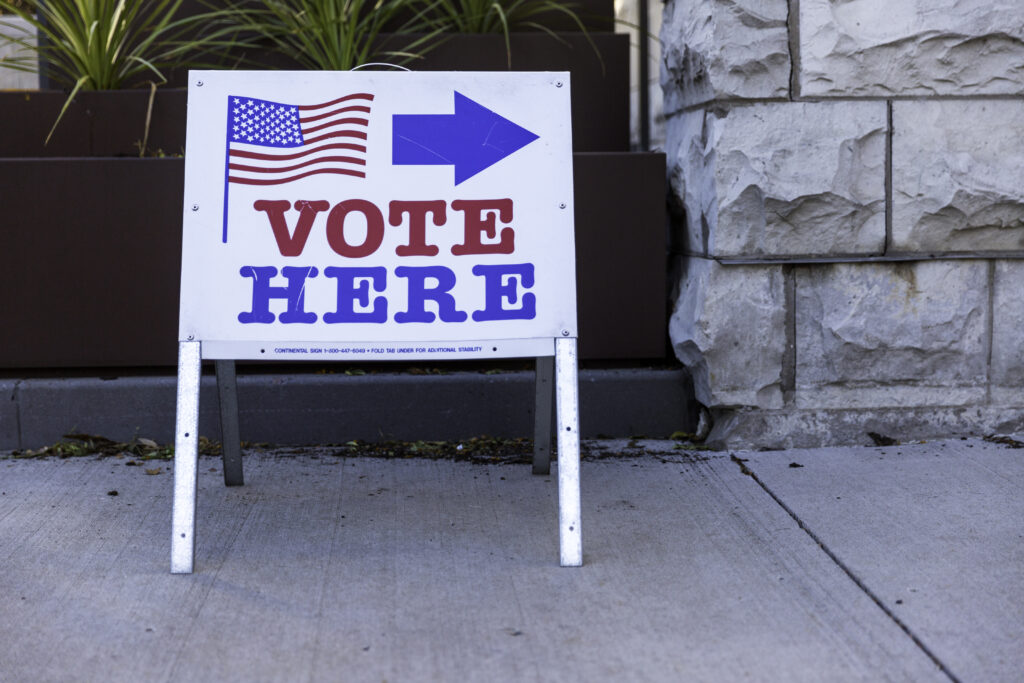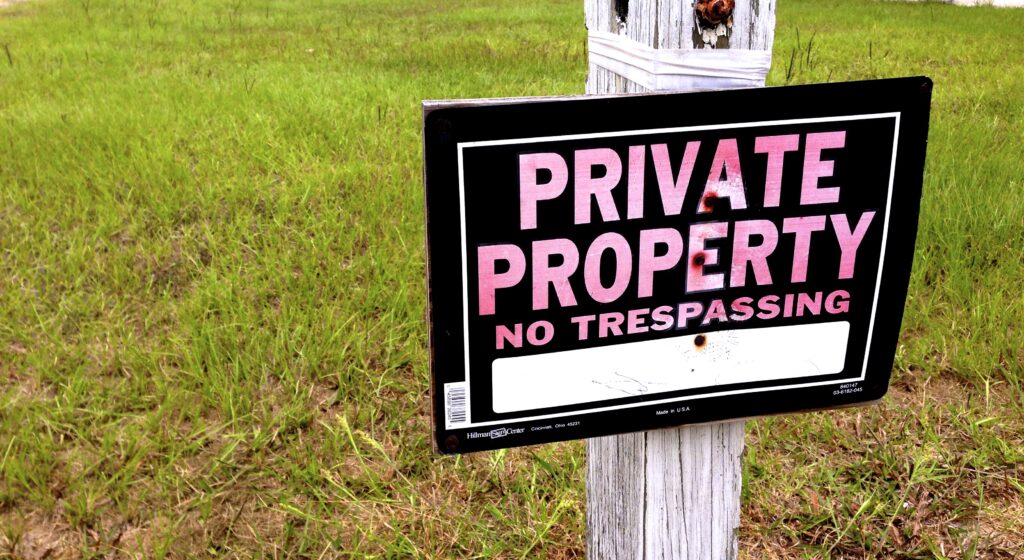A bipartisan majority of the Michigan House of Representatives approved a package of bills that would expunge hundreds of thousands of state criminal conviction records.
House Bills 4980 to 4985 and 5120, collectively known as Clean Slate, were passed by the House on November 5 and are expected to pass the Senate and be signed into law by Michigan Gov. Gretchen Whitmer in the next few weeks.
Supporters of the legislation say it will make punishments more proportionate to crimes so those with criminal records will no longer be barred from employment and housing.
With some exceptions, the bills would automatically expunge records of convictions for up to two felonies per individual 10 years after the completion of sentences to incarceration, probation, and/or parole, and up to four misdemeanors after seven years. The exceptions would be convictions for drunk driving, criminal sexual conduct, and assault.
‘More Employable’
Clean Slate would shorten the time before a convict could file a request for expungement to between three and seven years after completion of their sentence, depending on the severity and number of convictions. The package also extends expungement opportunities to low-level driving offenses and charges for marijuana offenses that are no longer crimes under state law.
The bills would allow individuals with assault convictions to petition the state for expungement of up to two felonies and four misdemeanors three years after their sentence is served. The legislation would treat multiple offenses from the same act as one conviction for expungement, if none were classified as assaults, involved weapons possession, or carried a maximum penalty of 10 or more years in prison.
The expungement initiatives will benefit Michigan as a whole, bill cosponsor Rep. Jack O’Malley (R-Lake Ann), stated in a press release on November 5.
“Not only is this plan going to help struggling people improve their lives, it will strengthen our economy by making thousands of ex-offenders more employable at a time when businesses across Michigan are having trouble finding skilled workers,” O’Malley said. “It’s time to start giving people who have already taken accountability for their past mistakes an opportunity to start fresh.”
Follows Other States’ Reforms
In the past year, California, Pennsylvania, and Utah have passed laws making expungements automatic under certain circumstances, David Guenthner, senior strategist for state affairs at the Mackinac Center for Public Policy, told the Michigan House Judiciary Committee on October 2.
“Research has shown that one of the most effective ways to ensure that ex-offenders don’t commit additional crimes is to get them into a real job, and quickly,” Guenthner said. “But how many Michiganders are deprived of job opportunities and suitable housing due to decades-old criminal convictions, many for minor offenses? How does it strengthen our economy, our neighborhoods, or our families when people seeking to improve their lives are disqualified over ten-years-past minor in-possessions, over 20-years-past DUIs, or over 20-years-past financial crimes?”
Citing his prior work at the Texas Public Policy Foundation, Guenthner told the committee, “I was on the ground floor of both the trendsetting 2007 criminal justice reform package and the subsequent development of the Right On Crime initiative that has promoted similar reforms in 37 states—including Michigan—and garnered international attention.”
No Application Necessary
Automatic expungement would improve life prospects for ex-offenders, says Jesse Kelley, manager of criminal justice and civil liberties issues at the R Street Institute.
“Expanding and automating the expungement process will benefit many Michiganders currently living with a criminal history record,” Kelley said. “The automation component is critically important because presently many individuals who are eligible to apply for their record to be expunged simply do not have the resources to accomplish that goal under Michigan’s current expungement process.”
A study by University of Michigan Law School researchers found only 6.5 percent of those convicted in the state’s courts obtain expungement within five years of eligibility under the current law.
“Automatically expunging the records of these individuals would increase their chances of gaining and maintaining employment,” Kelley said. “When an individual has a better opportunity to join the workforce, he or she also has a better chance of becoming a law-abiding member of society. This, in turn, promotes greater public safety for entire communities.”
‘Pathway to Rehabilitation’
Expungement reform will help reduce recidivism, says Patrick Plein, a policy analyst at the American Conservative Union Foundation’s Nolan Center for Justice.
“Everyone makes mistakes,” Plein said. “It is in no one’s best interest for people to be branded forever based on their worst day. Clean Slate recognizes that we are all capable of redemption and creates a pathway to rehabilitation. But equally important, by facilitating reentry and employment, it helps people stay on the right side of the law, making our communities safer.”
Bonner R. Cohen, Ph.D. ([email protected]) is a senior fellow at the National Center for Public Policy Research.
Official Connection
Michigan state Rep. Jack O’Malley (R-Lake Ann): http://gophouse.org/representatives/northernmi/omalley/
Internet Info
David Guenthner, “Cleaning the Slate: Expungement of Old Criminal Records,” Legislative Testimony, Michigan House Judiciary Committee, October 2, 2019: https://heartland.org/publications-resources/publications/legislative-testimony-cleaning-the-slate-expungement-of-old-criminal-records





